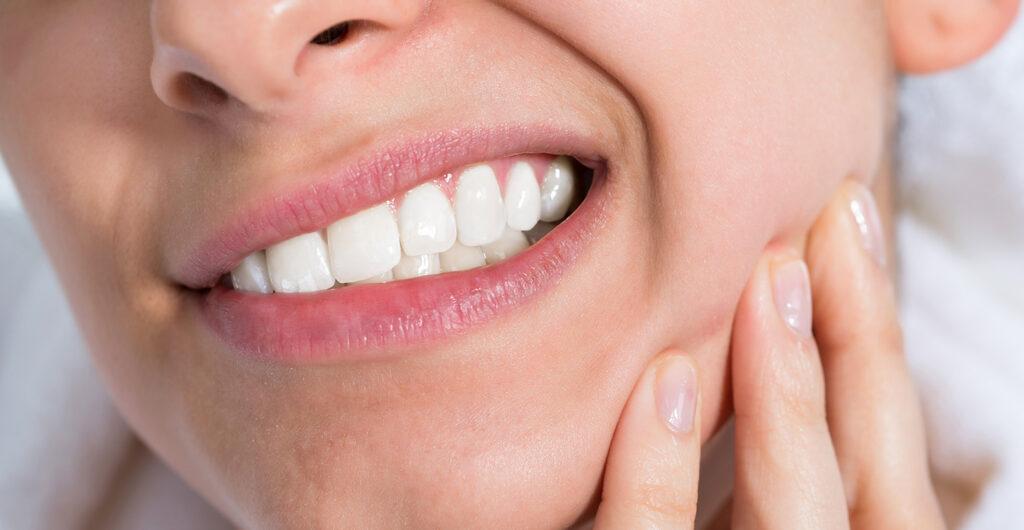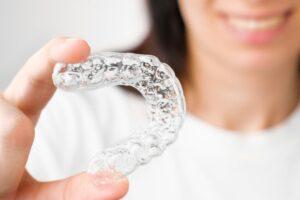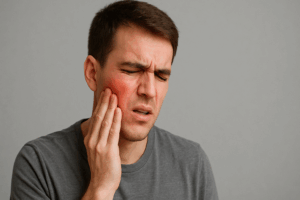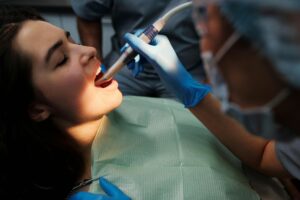Undergoing a root canal can be a daunting experience, but with modern dental techniques, it’s a highly effective way to save a damaged tooth and alleviate severe pain. Once the procedure is complete, proper care and attention are crucial for a smooth and successful recovery. In this comprehensive guide, we’ll explore the best practices and strategies to support your recovery after a root canal.
- Understanding the Root Canal Procedure:
Before delving into recovery tips, it’s essential to understand what a root canal involves. This dental procedure aims to treat infection or damage deep within the tooth pulp. During a root canal, the infected or inflamed pulp is removed, and the tooth is cleaned and sealed. Despite common misconceptions, a root canal is a relatively painless and vital procedure to preserve your natural tooth. - Immediate Post-Procedure Care:
Following a root canal, your mouth may still be numb from the anesthesia. It’s crucial to be cautious during this time to avoid accidental injuries. Refrain from eating until the numbness wears off to prevent biting your tongue, lips, or cheeks. Stick to soft foods initially, gradually reintroducing a regular diet as comfort allows. - Managing Discomfort:
It’s common to experience some discomfort or mild pain after a root canal. Your dentist may prescribe pain medication or recommend over-the-counter options. Follow the prescribed dosage and take pain relievers as directed. Applying a cold pack to the affected area can help reduce swelling and alleviate pain. - Oral Hygiene:
Maintaining excellent oral hygiene is paramount for a smooth recovery. However, avoid vigorous brushing around the treated tooth immediately after the procedure. Instead, use a soft-bristled toothbrush and be gentle when brushing. Follow your dentist’s instructions regarding any prescribed or recommended mouthwash to keep the area clean. - Avoiding Certain Foods:
In the initial days post-root canal, steer clear of hard, crunchy, or sticky foods that may exert excessive pressure on the treated tooth. Opt for softer options like yogurt, mashed potatoes, and soups. As your comfort level improves, gradually reintroduce a regular diet while remaining mindful of the treated tooth. - Hydration:
Staying hydrated is essential for overall health and aids in the recovery process. Drink plenty of water, and if you’ve been prescribed antibiotics, finish the entire course as directed. Proper hydration supports the body’s natural healing mechanisms. - Follow-Up Appointments:
Attend all scheduled follow-up appointments with your dentist. These appointments allow the dentist to monitor your recovery, address any concerns, and ensure that the treated tooth is healing as expected. Communicate openly about any persistent pain, discomfort, or changes in your oral health. - Rest and Recovery:
Adequate rest is crucial for the body to recover effectively. Avoid strenuous activities immediately after the procedure. Take the opportunity to relax and allow your body to heal. If you experience prolonged or severe pain, contact your dentist promptly. - Monitoring and Reporting:
Pay close attention to any changes in your oral health. If you notice swelling, persistent pain, or signs of infection, such as discharge or a bad taste in your mouth, contact your dentist promptly. Early intervention can prevent complications and ensure a successful recovery. - Emphasizing Stress Reduction:
Stress can impact your overall well-being, including your body’s ability to heal. Engage in stress-reducing activities such as meditation, deep breathing exercises, or gentle exercises like walking. A calm and stress-free environment supports the recovery process. - Considering Dietary Supplements:
Consult with your dentist or healthcare provider about the potential benefits of dietary supplements. Certain vitamins and minerals, such as vitamin C and calcium, play a crucial role in bone and tissue health. Ensuring an adequate intake of these nutrients can support the healing of the treated tooth. - Smoking Cessation:
If you smoke, consider this an opportune time to quit. Smoking can impede the healing process and increase the risk of complications. Your dentist can provide resources and support to help you quit smoking for improved oral and overall health.
Conclusion:
Recovery after a root canal is a gradual process that requires patience and careful attention to oral care. By following these comprehensive recovery tips, you can support the healing of the treated tooth and minimize the risk of complications. Remember, open communication with your dentist is key, so don’t hesitate to reach out with any concerns or questions during the recovery period. With the right care, you’ll be well on your way to enjoying a pain-free and healthy smile.








